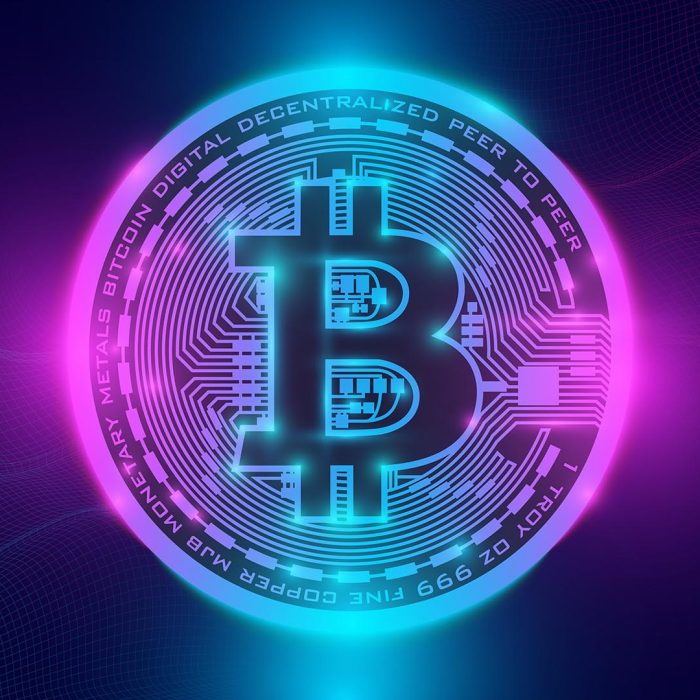
Is Bitcoin Harmful to the Environment? Debunking Common Myths in 2022
By Adan Kohnhorst Politicians and major media outlets are quick to sound the alarm. But looking at the data, really, is bitcoin harmful to the environment? It’s 2022 and...
In Norway last week, the Oslo Freedom Forum gathered to discuss human rights and the fight against tyranny. In a series of revealing fireside chats, speakers touched on a range of exciting ideas, including the role of Bitcoin in the future of human rights around the globe.
On stage for the Forum’s talk “Bitcoin, the Environment, and Human Rights,” Troy Cross mediated a discussion with Lyn Alden, Nic Carter, and Darin Feinstein, breaking down the wider ecology of the relationship between human rights and financial systems.
Oftentimes, people get caught up in the flurry of talking points around Bitcoin – cashless payments and lamborghinis, the nature of society’s slow, ongoing breakup with fiat currency, or the grossly-uninformed idea of Bitcoin as an energy-sucking, anti-environmental behemoth. But for many around the world, Bitcoin is a route to freedom, financial and otherwise.
“Proof of stake, stablecoins, and Bitcoin proof-of-work networks; there’s only one of those items that is uncorruptible,” explained Darin Feinstein, CEO of Core Scientific. “It’s an immutable ledger, and that’s Bitcoin.”
“We have the first unhackable network in human history,” he went on to say. “What that means is, the government can’t hack it, the hackers can’t hack it, so if you have a Bitcoin in your digital wallet and you hold your keys to it, no one can take it from you. And for human rights people, that’s the first time in human history we’ve given private property to 8 billion people on the planet, despite what their government says.”
As Feinstein points out, immutability is a key aspect of Bitcoin’s value proposition – transactions are final and can’t be changed.
But beyond that, Bitcoin is also permissionless. Anyone around the world can access it without needing to identify themselves or be granted access by a central authority like a government or bank. This trait is of key importance in the fight against global tyranny and authoritarianism, according to Nic Carter.
“By default, monetary and payment systems are completely politicized,” explained Carter. “And we’ve heard a lot of activists telling us this week how their bank accounts have been frozen…it’s not just an authoritarian thing, it happens in the US.”
Beyond that, Bitcoin is also completely digital and borderless. You can transfer money anywhere in the world quickly and easily, and the final settlement can’t be changed after the fact. Compared to current systems like Western Union, Bitcoin is orders of magnitude more effective.
In a rapidly-globalizing world that’s becoming more connected each day, the ability to easily exchange money and services across borders is a necessary step on the path to worldwide human rights and equality — and conversations like these are helping us get there.
By Adan Kohnhorst Politicians and major media outlets are quick to sound the alarm. But looking at the data, really, is bitcoin harmful to the environment? It’s 2022 and...
By Spencer Sherwood We recently came across an article written in March 2022 by economist Severin Borenstein in the Energy Institute at Hass which made the case that crypto...
From Bitcoin Rabbit Hole to Global Dominance: A Journey Architecting the World’s Largest Mining Pool Digital Gold Podcast: Building the Biggest Bitcoin Mining Pool with Mike Colyer, CEO of...
By Adan Kohnhorst Cryptocurrency Cloud Mining vs Colocation Mining Bitcoin mining has matured into a professional, capital-driven industry. As adoption has grown and the network has become more competitive,...
Why Expert Management Is Critical for Hydro-Cooled Bitcoin Mining Success Your infrastructure is only as strong as the team behind it. here’s how to ensure performance and ROI. The...
Life Insurance to Protect Your Bitcoin Wealth Digital Gold Podcast: Building Life Insurance for the Bitcoin Economy with Zachary Townsend What would life insurance look like if it were...